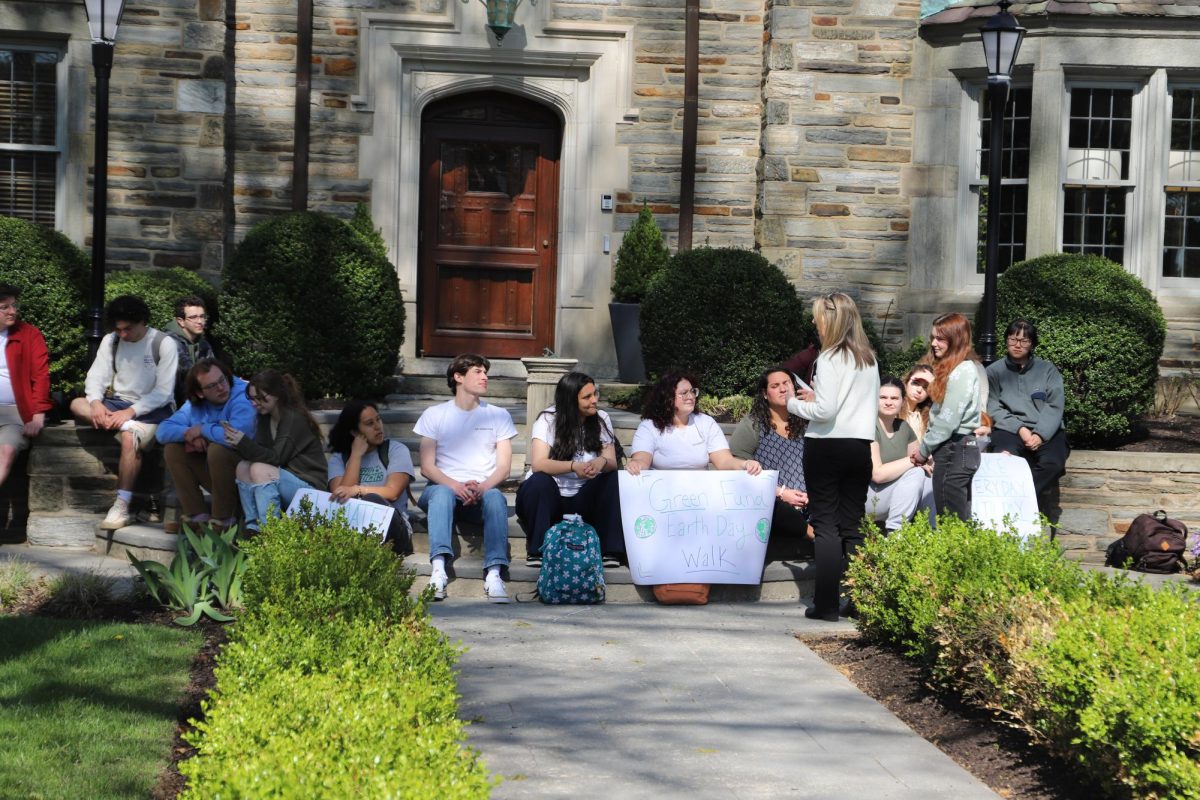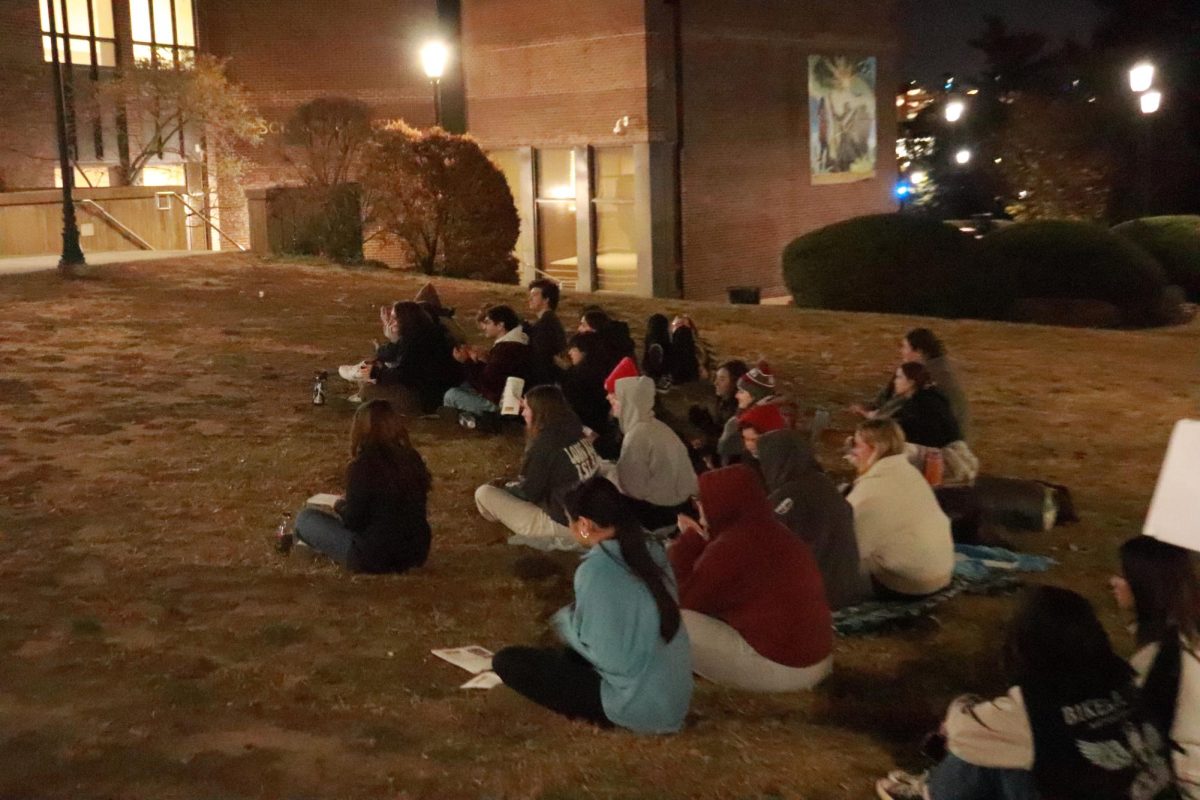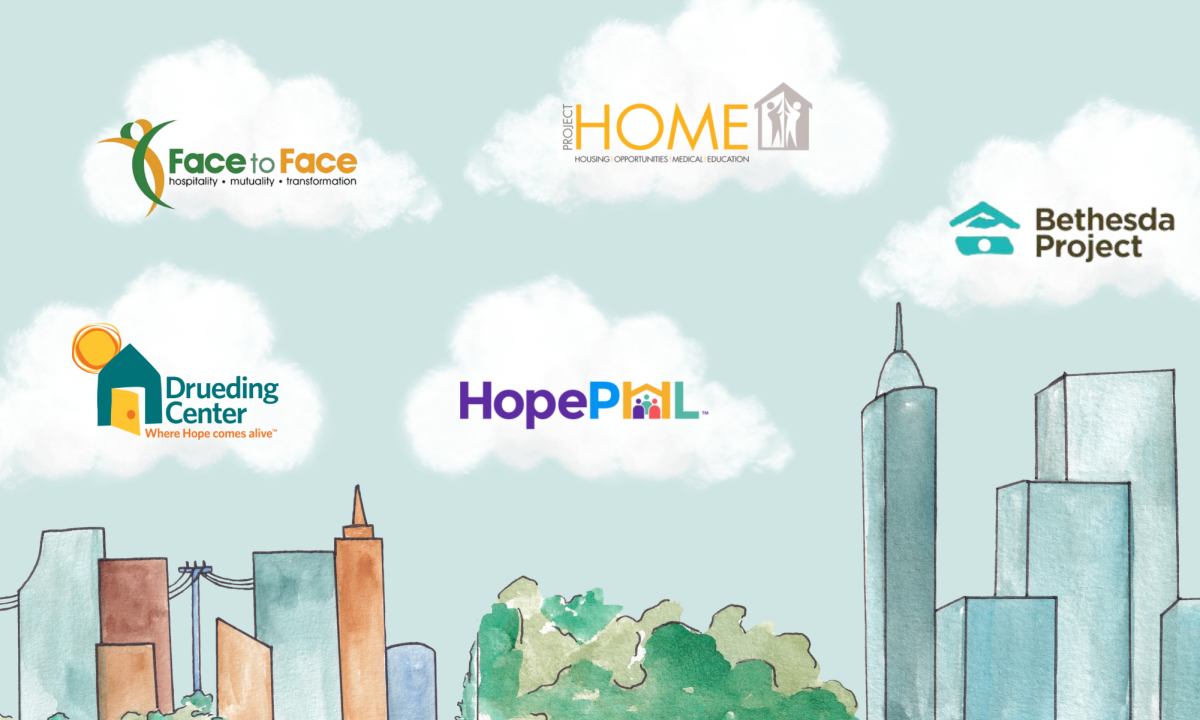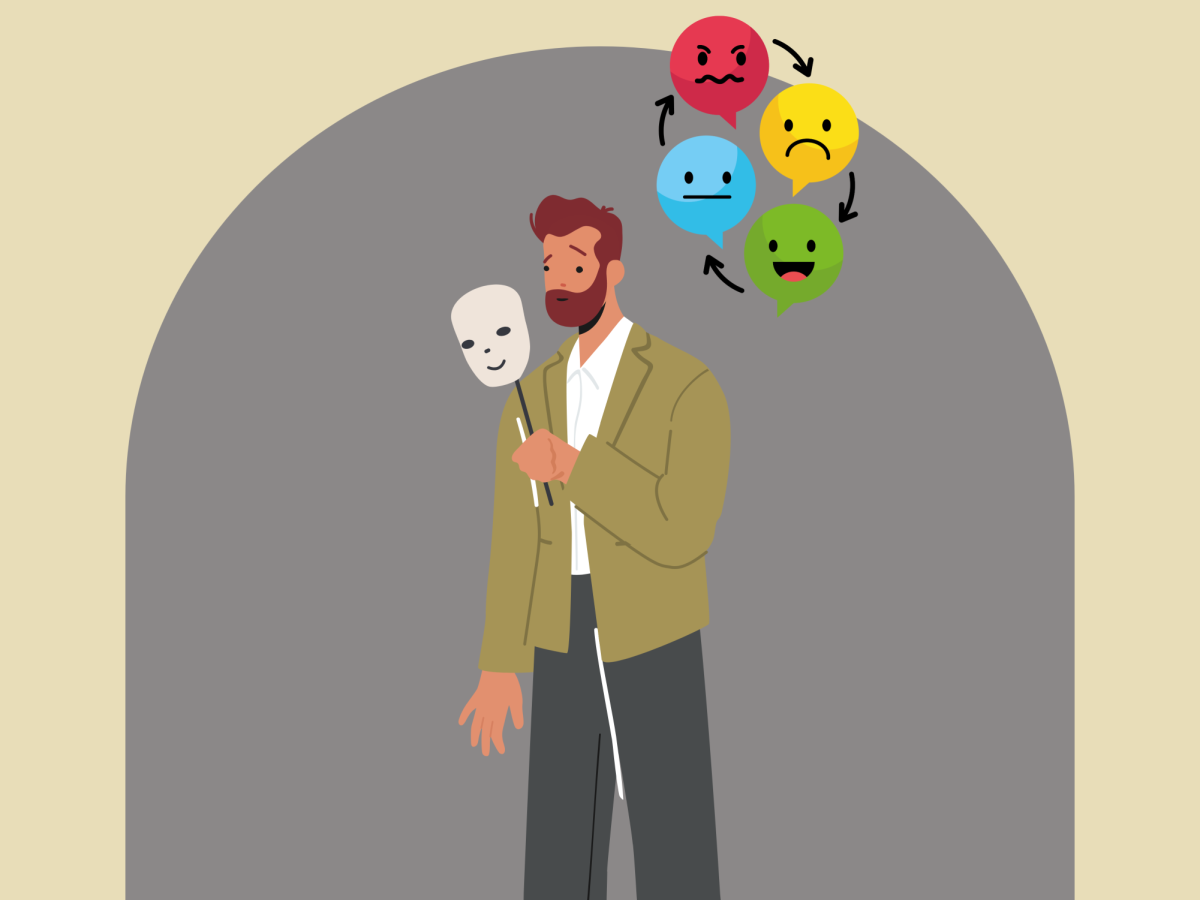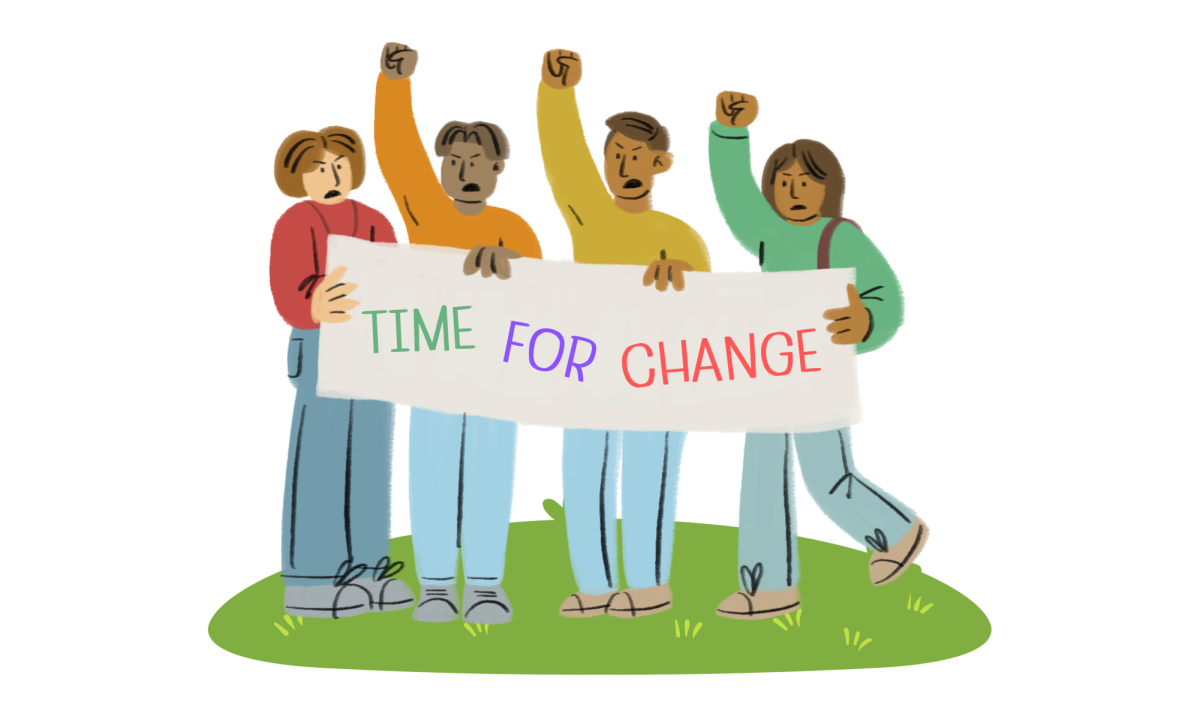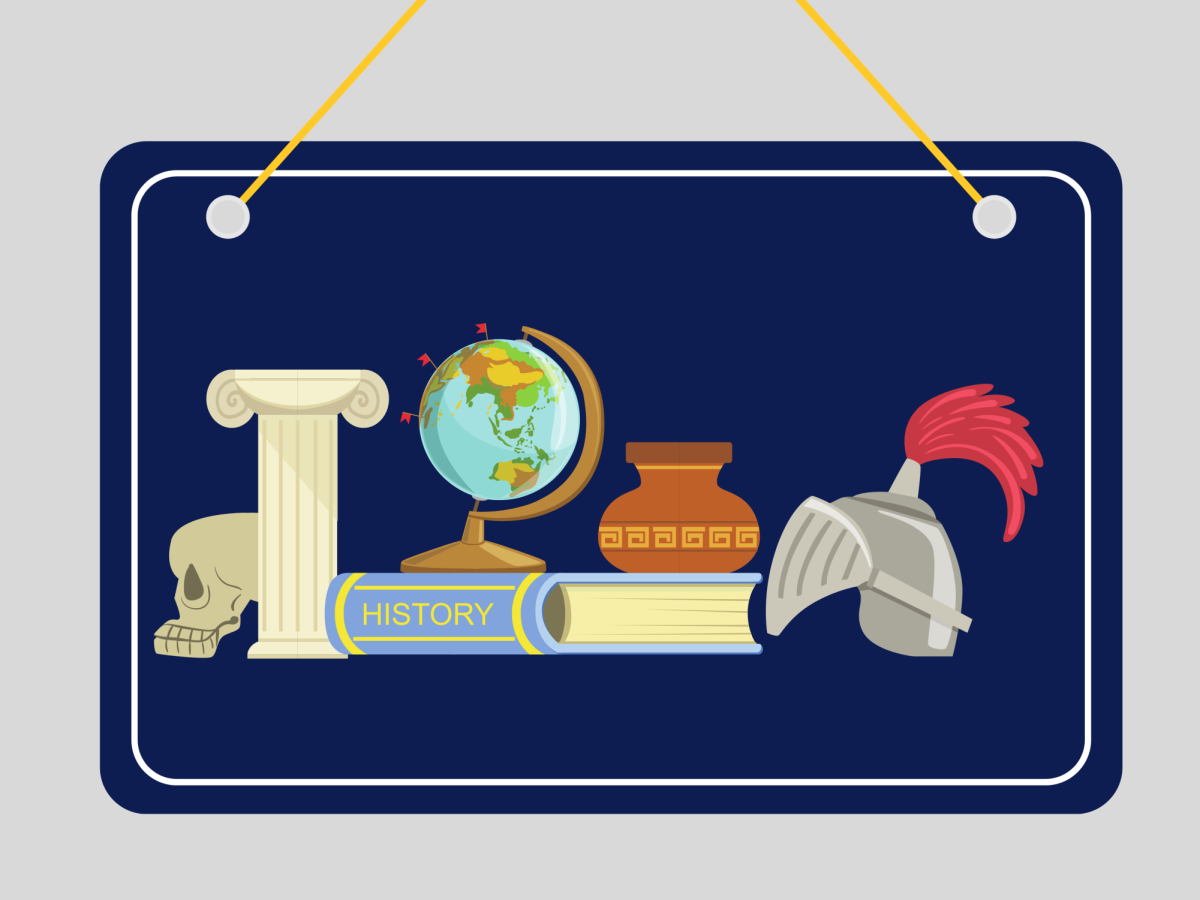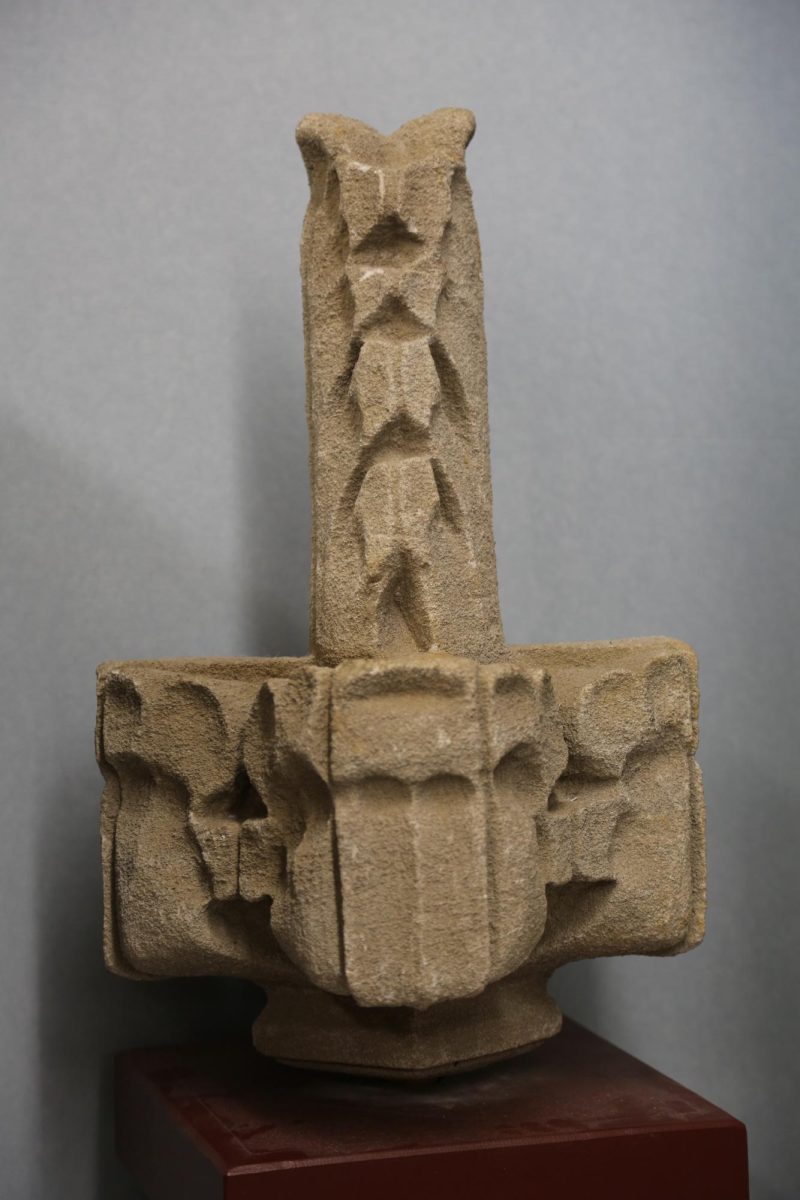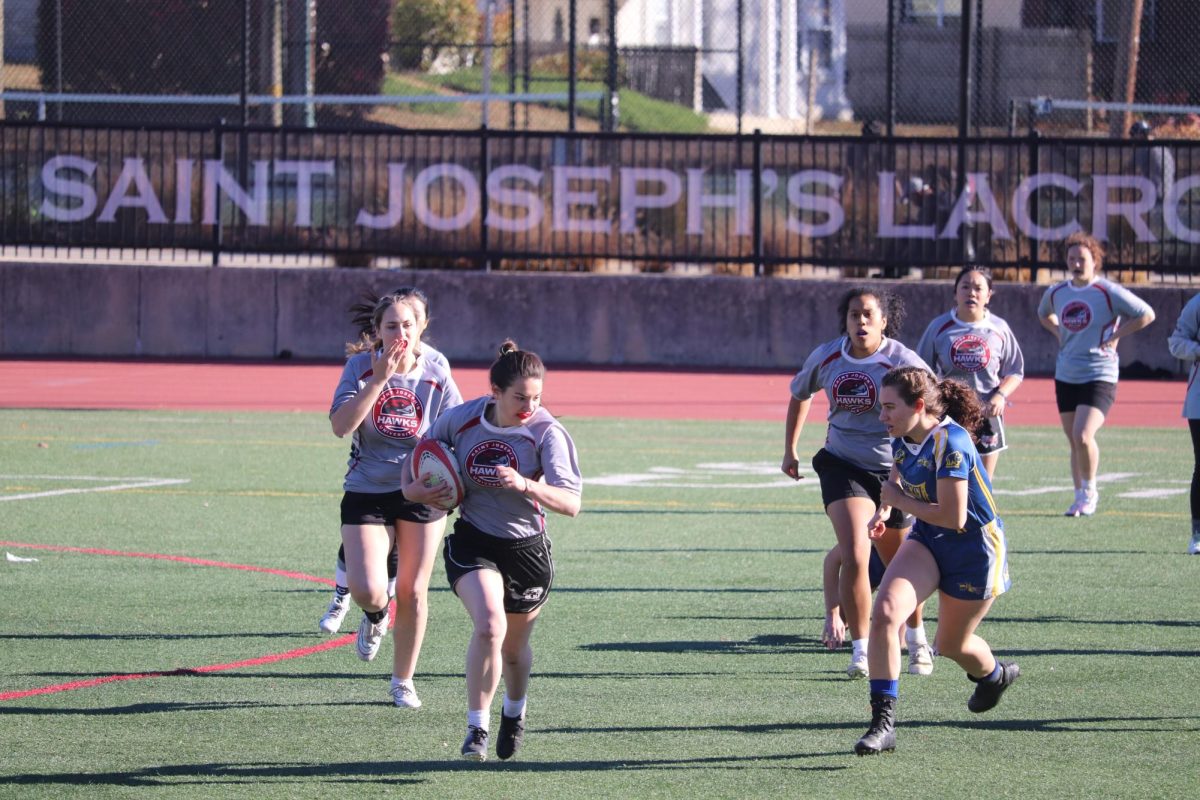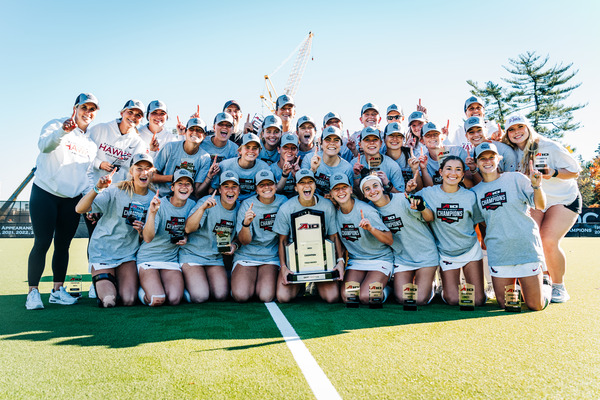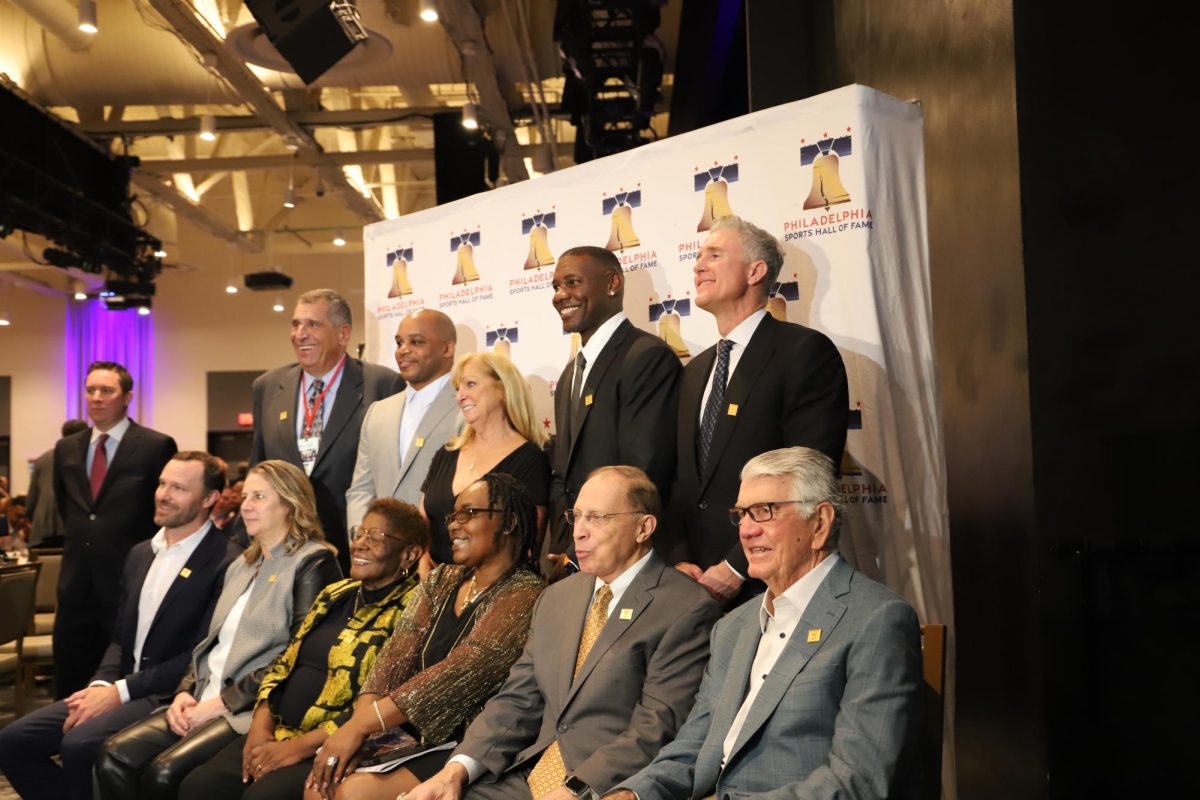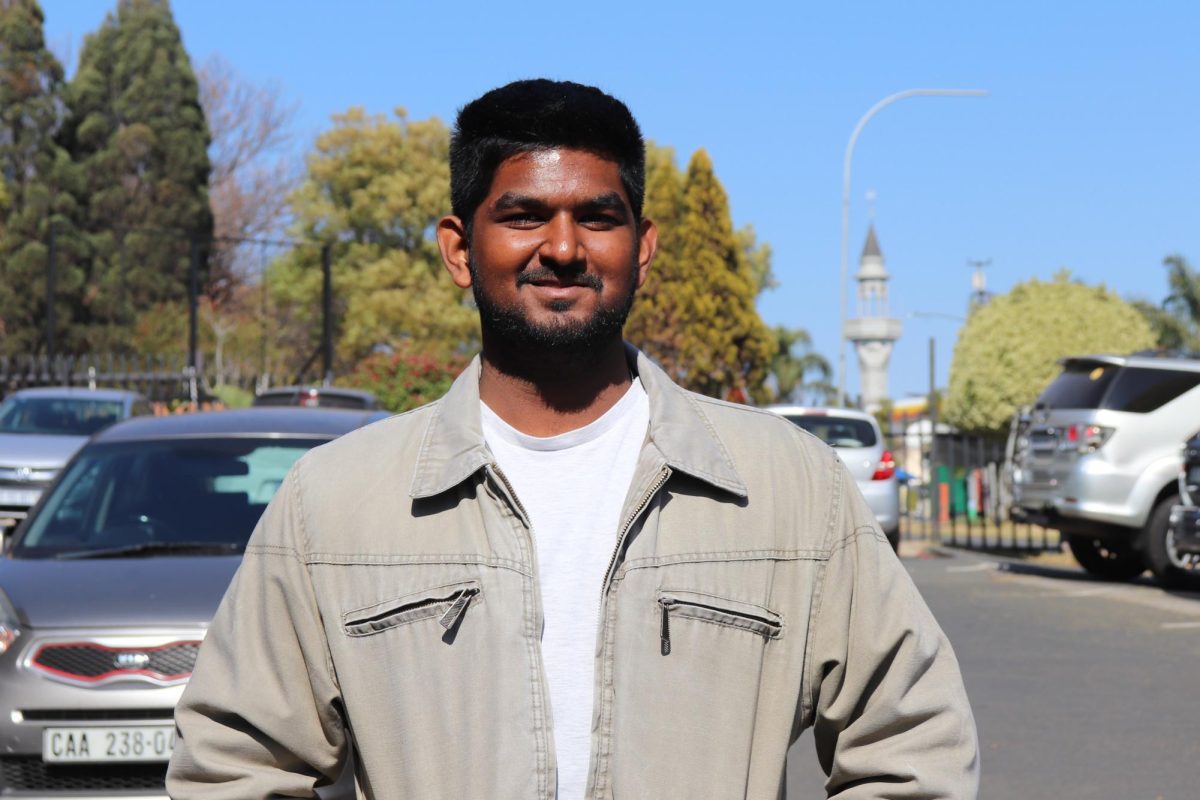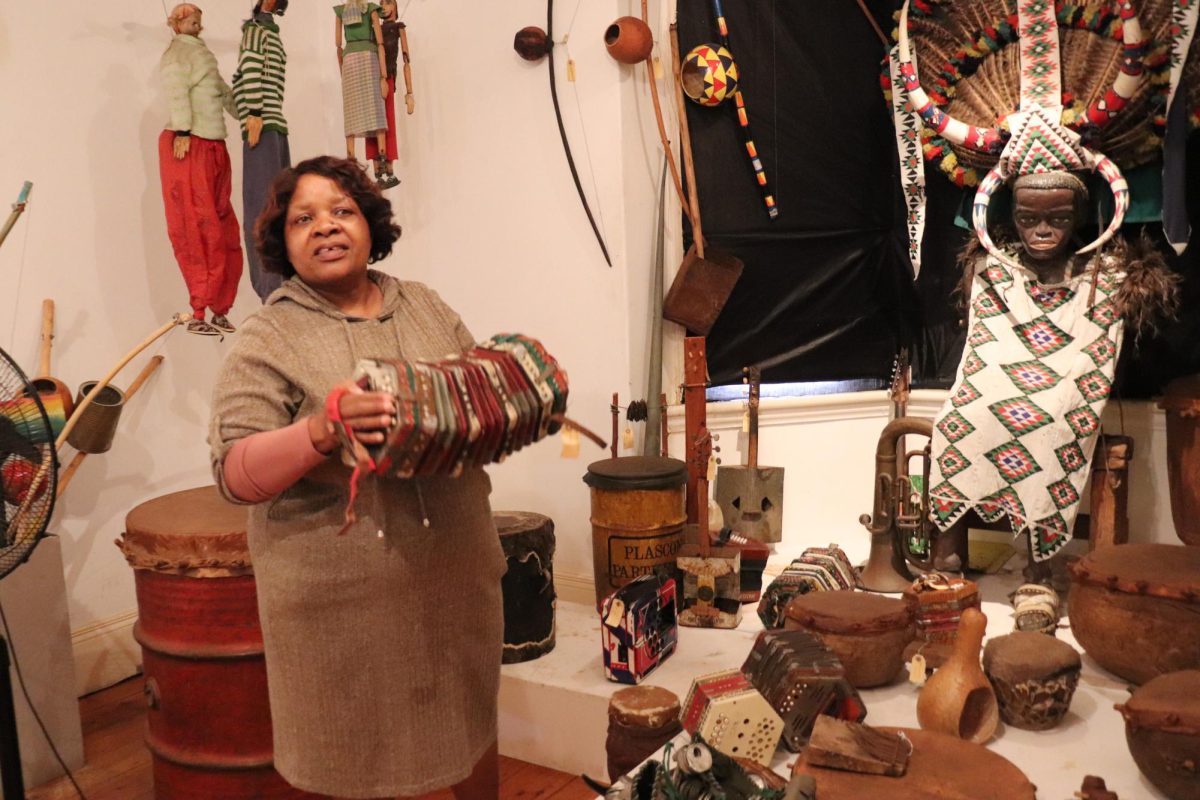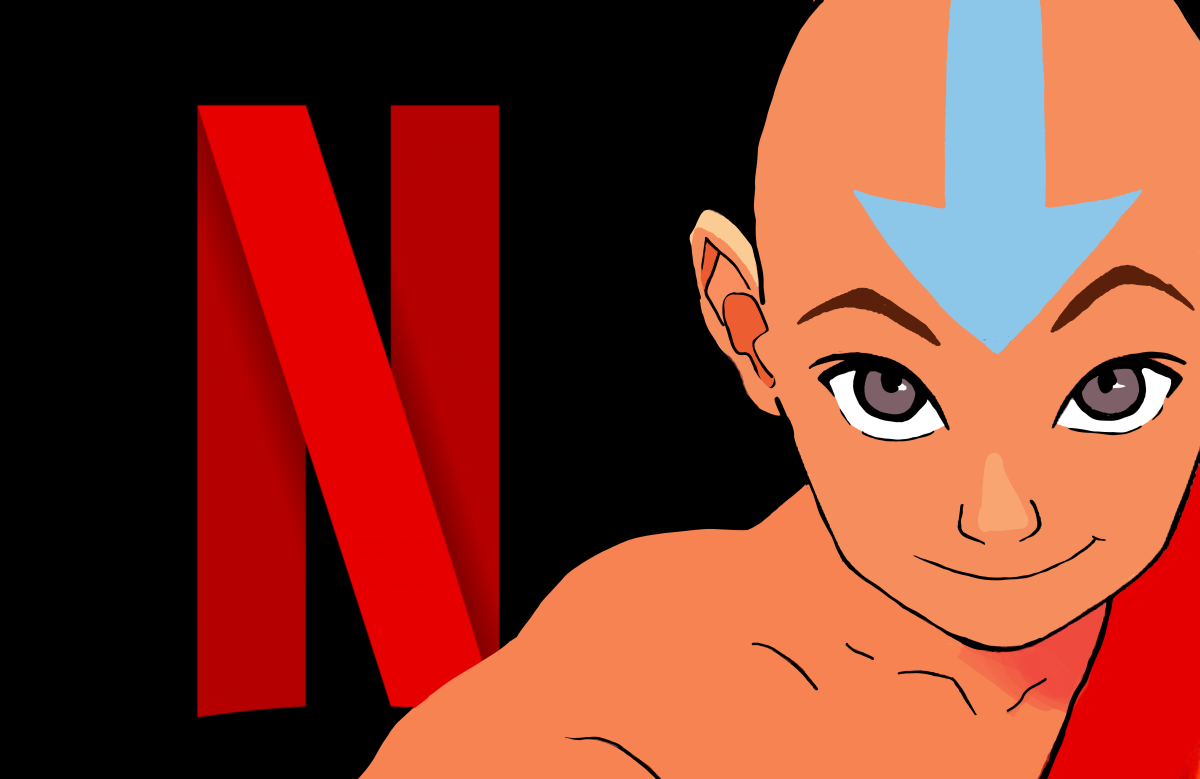Netflix made this quarantined world more bearable with its very timely release of “Avatar: The Last Airbender”, which screened across the U.S. beginning on May 15. This marked the cartoon’s first appearance on Netflix U.S. since it first aired on Nickelodeon in February 2005. The show has been an unprecedented hit and topped Netflix’s billboards for 10 days straight following its release..
“Avatar” is a fantasy show, targeted towards children, set in a world in which some characters can manipulate the classical elements– water, earth, fire and air– with a form of martial arts known as “bending.” So, a children’s cartoon is trending over a decade after its last episode aired on television. What makes it so special?
On the surface, “Avatar” is a classic good versus evil story, wherein a group of kids are tasked with saving the world from the Fire Nation, a country of firebenders hell-bent on conquest, but it is so much more. Its writing is nothing short of masterful, its world-building astonishingly enthralling and the animation breathtaking; but what sets “Avatar” apart as a masterpiece capable of captivating the world, ultimately, is its characters and the lessons they teach us.
“Avatar” is a coming of age story. At the start of the series, each of the main characters are children, all unsure of their destinies and none prepared to take up the tremendous task of saving the world. It is only by struggling and fighting, in making mistakes and learning from them, that our heroes find their purposes and come to realize who they are.
However, the heroes do not do this on their own. They are guided by masters and gurus that urge them to forge their own paths and to always fight for what is best for the world. No such guru has a more profound effect on the heroes than Uncle Iroh, the brother of the ruthless leader of the Fire Nation. Though he had a troubled past, experiencing the horrors of war and the loss of those he loved made him a changed man. He found that power and conquest were worldly goals unworthy of being pursued, and that only peace and love will bring balance to the world and to each one of us.
The generation that grew up watching “Avatar,” now mostly college-aged students and young adults, grew up alongside the characters in the show. That generation watched on as each character made mistakes and matured, and they themselves learned and grew alongside the characters. Iroh taught not only the characters in the show, but every viewer, that our destinies are intertwined with the destiny of the world, and that we all have the power to change them both for the better.
It is in this way that the creators of the show, Bryan Konietzko and Michael Dante DiMartino, implanted “Avatar,” its characters and the lessons it has to teach into the hearts and minds of millions of people.
Revisiting “Avatar” all these years later has given me an opportunity to reflect on what the show has meant to so many people, and not just to those that grew up with it and its characters. Its overarching themes of finding balance and meaning, both in a war-torn world and within oneself, are struggles that we all can relate to, regardless of age or culture.
The storytelling, which highlights this struggle, is what brings viewers back to “Avatar” time and time again, and it is what has brought “Avatar” once more into the hearts and homes of millions of people. I could not more highly recommend that everyone take some time to watch “Avatar” and experience what made it the number one show in the world.

